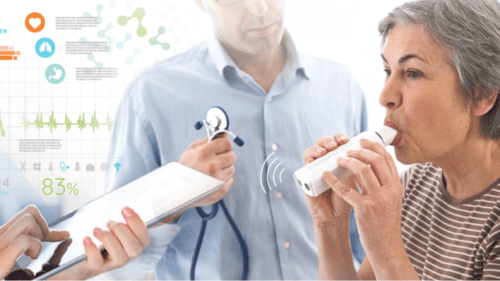
Massimo Pistoia and Paolo Casacci
The constant increase in chronicity and the burden on health services urges for the development of a new socio-health model, able to overcome the current one, mainly focused on the treatment of diseases with unexpected and sudden onset, of limited duration, and aimed at restoring the initial state of health. Chronicity, on the other hand, is characterized by slow manifestations, gradual worsening and considerable complexity of treatment, with significant social and social-welfare implications. In this regard, in the Italian scenario, both the Ministry of Health and the Puglia Region have identified the referral model for the integration between hospital and territorial assistance. In Puglia, in particular, the Brindisi local health agency has already started testing of hospital-community integration programs and has expressed interest in using the Information and Communication Technologies (ICT) to foster hospital-territory integration. This integration requires data and information from ad-hoc sensors for monitoring the patient’s health state and anticipating worsening of health condition. With specific reference to the scope of intervention of the ReSPIRO project, respiratory insufficiency covers particular importance. The pathological condition that characterizes this chronicity is the reduced efficiency of the respiratory function: the lung is not able to ensure an adequate oxygenation of the arterial blood and / or it is not able to prevent the retention of CO2.